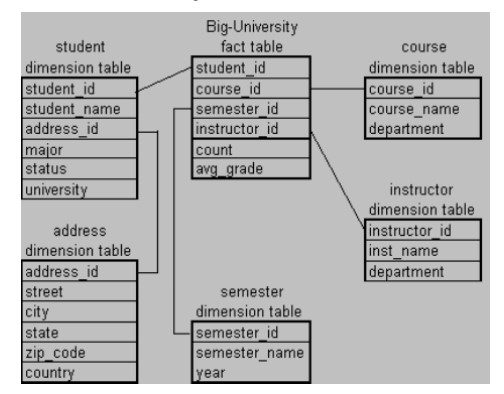Challenges Facing Government in Adopting and Implementing DataWarehouse
Major Challenges Facing Government in Adopting and Implementing DataWarehouse
According to (Jiawei Han et al), major challenges faced by data warehouse while implementing effectively in government are: the need for scalability, reliability, security concerns, traditional and conventional practices, open standards and interoperability, resole potential legal issues, redefine the roles of IT workforce, access the Return on Investment (ROI) of data warehouse, lack of skilled manpower and technologies.
However, in the context of Nepal, the challenges facing the adoption and implementation of a data warehouse are mentioned here :
1) E-Readiness: As discussed earlier, Nepal has not succeeded to access its degree in the status of e-readiness.According to the Economic Intelligence Unit, Nepal is ranked 135th position out of 193. Hard work thus, is seen to overcome this situation. Healthy and careful strategies are needed to create an enabling environment to improve e-readiness.
2) Standardization: The concept of a data warehouse in e-governance is a new technology in the context of Nepal. No research and study are done in making government standards and protocols for the implementation of data warehouses in the e-governance of Nepal. The absence of such standards creates varied implementation models for the data warehouse designers and service providers. So, there will be a problem with compatibility. While lacking such standard protocols, effective implementation of a data warehouse cannot be assured.
3) Scalability: The need for IT resources is dynamic. The government may require less or high resources as per the workload on the system. A data warehouse is one of the most important technologies that affect the ability to maintain the level of flexibility without interruption.
4) Reliability: Reliability is another major challenge for the government in adopting and implementing data warehouse technology. The risk of data loss is always a crucial concern. Likewise, the anxiety of data unavailability and inaccessibility are other factors. Such risk and the blame fall under the responsibility of IT. A data warehouse should be resilient to internal and external system issues and provide faster uptime than the legacy system.
5) Technical skilled Manpower: It is seen that the government is going understaffed. And hence lacks sufficient skilled IT professionals. So while migrating to data warehouse technology, a huge number of IT resources will be required with different skills than those in the legacy system. There will be less manual work needed, both in data centers and in the other government units.
6) Regulatory Issues: The government should develop a standard for service implementation. A regulatory body is required which closely monitors the data warehouse maintenance, operation, and regulation.
7) Control: Data warehouse technology implementation centralizes all the infrastructure and services. So, the management of the data warehouse will be a great challenge for the government as there is a lack of sufficient skilled IT resources and manpower.
8) Legislation, Social, Political problems: The data warehouse concept is one of the best tools for a nation and the most powerful and legitimate tool to create advancement, transparency, and speedy in governance.
9) Security: Last but not least, security issues matter. Talking about reading, storing, accessing governmental data, i.e., very confidential one security issues arise. It is challenging to assure the government policy level personnel that the data warehouse is secured and privacy is maintained. Secure and efficient data exchange across the different government agencies and data warehouses, as well as secure application connectivity, is always the major security concern.



Comments
Post a Comment